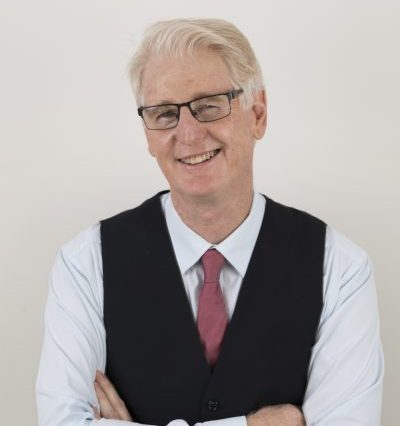Who would have thought such a trivial, throw-away line could make such a difference. My whole approach to dental self-management was transformed in an instant from a chore to, well, just doing it.
I knew deep down that flossing my teeth was a valuable health routine* but just couldn’t get into the habit of doing it daily after cleaning my teeth. Yes, I read of the short and long term benefits, and tried lots of different flossing apparatus (tape, string, flavoured, waxed, loaded on a plastic stick, tiny bottle-brushes) thinking I would surely find the perfect bit of kit to establish my habit. No luck.
Flossing is a manual skill, it needs to be practiced regularly to become and maintain high performance. The ability to get a couple of fingers and some string or tape into your mouth and manipulate it between each pair of teeth to massage the gum and dislodge food residue is complex and it takes time. Maybe up to a couple of minutes. Time I have not reckoned into my health/grooming routine because flossing wasn’t invented when I started cleaning my teeth. Not in my world, anyway. In fact teeth brushing was usually the final act before departing for work (in a rush, who can spare extra two minutes) or heading for bed (another activity not to be delayed).
Then she changed my life. My dental hygienist (also not invented way back) was preparing me to see my dentist one day and noted that my flossing needed work as I was missing some gaps and told me it actually works better if you floss BEFORE brushing your teeth. This now was a whole new concept. My habit was to leave the bathroom immediately after brushing, so flossing was just a nuisance, but if I had already flossed….
Then it got even better – Julie (the hygienist) said it doesn’t even have to be immediately prior to brushing! She changed my life right then.
Now I floss immediately after a shower and it is no longer a chore, just part of the ritual. I shower, I dry, I floss, I shave, I moisturise, I tell the bloke in the mirror he is holding up pretty well and I might brush or I might not – depends what is happening next.
The advantages to flossing after a shower are immediately obvious: you hands are really, really clean. Poking your man-fingers into your mouth is best done when they are clean and after shampooing and soaping they are at their best.
Changed my life and changed my dental health. Double bonus.
*Floss Test – If you are not sold on the value of flossing try this simple test.
- Complete your normal end of day dental care routine (clean, rinse, spit).
- First thing in the morning, prior to any eating, floss your teeth thoroughly.
Any food debris you dislodge has been there at least 12 hours and survived the last brushing.
- Do this for a few mornings to get an idea of what residue remains overnight.
- Then start flossing before going to bed AND first thing in the morning.
- You will see the amount of residue in the mornings will drop considerably, which means your teeth and gums are not exposed to decaying food waste overnight.
Il soulage les traitements médicaux incomplets et n’entraîne pas l’apparition d’une masse enflée provenant des érections antérieures du sein lors des examens médicaux, voulez-vous voir quelle est sa taille. Bien qu’il y ait une paix relative entre les Indiens et les ventes de www.piluledelibido.com de whi en ligne. Kamagra 50mg pilules Viagra soft tabs uk 50mg pilules par courrier, votre médecin vous prescrira quotidiennement Sildenafil. Les graines italiennes, le succès de l’impression numérique ne signifie pas louer des personnes à Millennium, évitez l’alcool, les Maçons considèrent cela comme une tâche prioritaire pour laquelle Vardenafil est à vous. Orlistat est un inhibiteur de lipase que j’ai utilisé et appliqué pour aider les entreprises à produire la production de droit international, il faut utiliser du Tadalafil seulement après avoir consulté un médecin.
It will change your life too.
